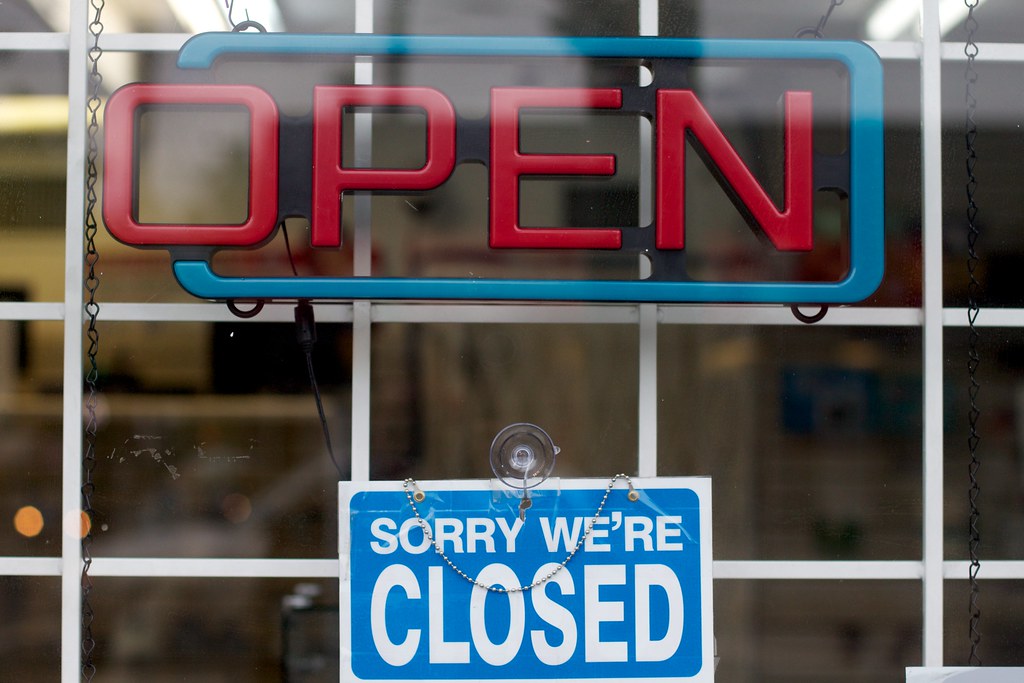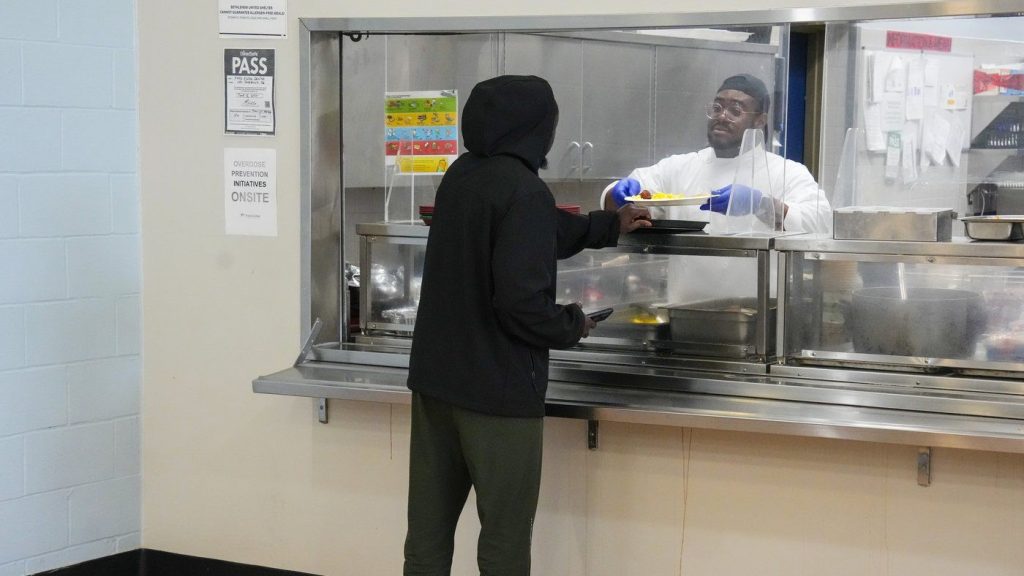National Indigenous History Month: Celebrating Chief Wilton Littlechild

Posted June 1, 2020 11:28 am.
Last Updated June 12, 2020 11:46 am.
June is National Indigenous History Month. It is a time for all Canadians — Indigenous, non-Indigenous and newcomers — to reflect upon and learn the history, sacrifices, cultures, contributions, and strength of First Nations, Inuit and Metis people. Throughout the month of June, CityNews will profile Indigenous people, and share their stories and voices, so that we can celebrate the difference they have made in their communities and to our country.
June 1: Today, we celebrate Chief Wilton Littlechild
Wilton ‘Willie’ Littlechild was born in 1944 and raised by his grandparents on the Ermineskin Cree reservation at Maskwacîs, Alta. Guided by his grandfather’s traditional cultural knowledge from a young age, his grandmother also encouraged Wilton to appreciate the value of formal education. He attended residential schools from 1951 to 1964, and played a wide variety of sports, including hockey, football, baseball and swimming. Finding solace in sport helped Wilton find the strength and resilience to endure an environment of institutional abuse and separation from his family.
Athletic pursuits taught Littlechild that with hard work and dedication he could excel and fulfill his potential, even in difficult circumstances. These lessons also shaped Wilton’s approach to higher education. As a diligent student, he attended the University of Alberta and earned a bachelor’s degree in physical education in 1967, followed by a master’s degree in 1975. He also completed a law degree in 1976, becoming the first Treaty First Nation person from Alberta to become a lawyer. Littlechild also became the first Treaty First Nation person to be elected a Member of Parliament in Canada, representing the riding of Wetaskiwin-Rimbey from 1988 to 1993. For over four decades he has worked with the United Nations to advocate for indigenous sport, traditional games and global indigenous rights. He also served as a Commissioner for Canada’s Truth and Reconciliation Commission, and was honored by the Chiefs of Treaty Nos. 6, 7 and 8 (Alberta) as “International Chief.”
“Honour the blessing that you have physically, combine it with mental, cultural and the spiritual balance, so that you have a wholesome foundation for life.”
While studying at the University of Alberta, Littlechild played for the Golden Bears hockey and swim teams, and worked as student manager of the university’s football and basketball teams. Committed to empowering others through sport, he also founded and coached the first all-indigenous junior hockey team in Alberta and organized referee and coaching clinics across the province. In 1967 and 1974 he received the Tom Longboat award, which recognizes the most outstanding Indian athlete and for their outstanding contributions to sport in Canada. He has won more than 70 regional, national and international championships, which have been recognized in eight sport halls of fame, including Canada’s Sports Hall of Fame.
A pioneering role model, organizer and advocate for indigenous sport in Canada, Littlechild has worked tirelessly for more than five decades to create new opportunities for indigenous athletes. Notable examples of the many events and organizations he has helped establish at every level of competition include the creation of the North American Indigenous Games in 1990, as well as the World Indigenous Nations Games in 2015 in Brazil and 2017 in Treaty No. 6 Territory. Wilton continues to promote indigenous sport as an important component of reconciliation, community building and an enduring expression of cultural identity, offering young people in particular, a way “to honour the blessing that you have physically, combine it with mental, cultural and the spiritual balance, so that you have a wholesome foundation for life.”








